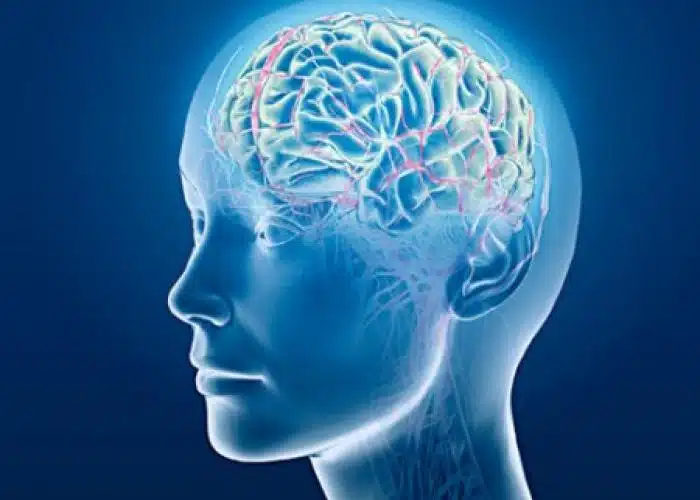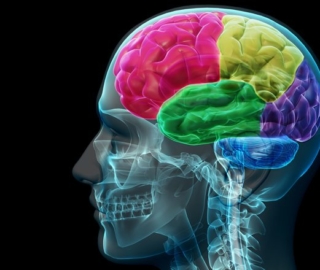
According to a report in the Times of News, scientists in China have recently developed a robotic arm that is controlled by the user’s brainwaves. For the first time, the arm has been used on a human subject. The device gives hope for individuals who have lost a limb or suffer from motor disabilities.
The 28-year-old female patient had an electrode implanted in her brain’s cerebral cortex to diagnose and assess her epilepsy—a brain disorder that causes seizures. As part of this new brain-machine interface (BMI) project, the electrode was connected to a robotic arm and hand. The electrode transmits the patient’s brain signals to the arm, enabling her to make the hand play rock, paper, scissors using only her thoughts.
The team of scientists led by Zheng Xiaoxiang, from China’s Zhejiang University, began their research in 2006. By 2012, they had developed a robotic arm that could be controlled by a monkey. An electrode array was connected to over 200 neurons in the monkey’s brain. After training, the animal was able to pinch or grasp objects by using its brain waves. Expanding the BMI system for human use was more challenging, but the patient is currently able to control the robotic hand by thought alone with 80-percent accuracy.
Although mind-controlled prosthetics have been developed in other countries, the Chinese project is unique because of the information that is captured by the implanted electrode. The team was able to intercept the electrical signals transmitted from the implant and the prosthetic without any negative effects on the patient.
“This research will have many clinical applications and benefits to many patients, such as [those suffering] from limb paralysis after a stroke [or] spinal cord injury,” said Zheng in a statement issued by the university.
Image Credit: mpb.net







